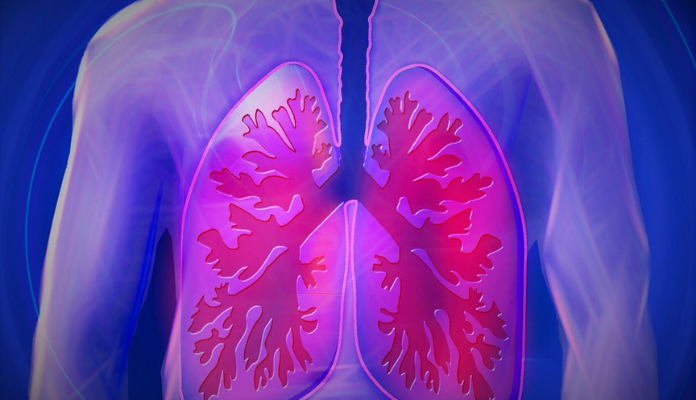Lung Health And Air Conditioning
Too much humidity in a room can promote the growth of fungus and if the spores are inhaled, it can trigger wheezing and lung damage as well as infections
In these times of global warming and increased temperatures an air conditioner ceases to be a luxury and has now become a necessity. But all the cool air that is circulated throughout your home. office or car ultimately reaches your lungs. Fortunately, most air conditioners are very good at filtering out dust and many have advanced filters that trap small particles and bacteria too.
Air conditioners really provide the much needed respite we need from the scorching heat. Especially during the summers, it gets difficult to leave an air- conditioned room or car and muster the courage to step out in to the heat or to another area of your home or office that is not air conditioned.
By some estimates, we spend over 22 hours a day indoors on average in urban environments. Air conditioning makes us live in comfort in places which otherwise would be impossible to survive in. A typical air conditioner cools warm air and simultaneously adjusts the humidity in this process. The water in the air we breathe affects how our lungs feel.
The ideal humidity in the air is in the range of 60 per cent. We actually have a wonderful air conditioner in the form of our nose and upper airway! The anatomy of this part of the body allows the air to be filtered, warmed and humidified. When the nose is blocked by sinus problems or congestion, this process does not occur and we feel the discomfort. Likewise, breathing very humid air in a coastal city or perhaps very dry air in a desert area causes distress.
The lungs as you may know, plays the role of getting oxygen into the blood and removing carbon dioxide. In addition, the air passages filter dust and have a cough reflex if anything other than air is in the airway tubes.
Air conditioners need to be periodically cleaned and serviced to maintain efficiency. In addition, filters which block dust and dirt can get clogged and sometimes re-circulate the dust. This is a big problem and needs professional care in general. It not addressed promptly it can cause or worsen lung problems.
Too much humidity in a room can promote the growth of fungus and if the spores are inhaled, they can trigger wheezing and lung damage (by a process called hypersensitivity) as well as infections. Therefore, it is important that the condenser and the evaporative coils in the air conditioner be kept clean to maintain optimal functioning.
According to the American Society of Heating, Refrigerating and Air- Conditioning Engineers (ASHRAE), a global body dedicated to this field, air conditioners should also take on the role of ventilating the house or room. This should occur every four hours at least to help keep the air circulating and prevent accumulation of toxic environmental chemicals.
The ducts that make up the air cooling system must also be maintained well to avoid leakage and dust accumulation. Power consumption can also be high if the system has leaks, so maintain the ducts to avoid the stress of looking at a large electricity bill. The coolant liquid in the air conditioner should not be inhaled as it can cause breathing difficulties if people are exposed to it.
It is important that the condenser and the evaporative coils in the air conditioner be kept clean to maintain optimal functioning
With regard to air conditioning and the lungs, an old study showed the side effects of car air conditioners on lung function whereby some people have had diseases called ‘humidifier lung’ or ‘air conditioner lung.’ Therefore, to sum up, air conditioners can be invaluable for our comfort but at the same time they must be maintained well to ensure that the air is cleaned. circulated. cooled and has optimal humidity.
